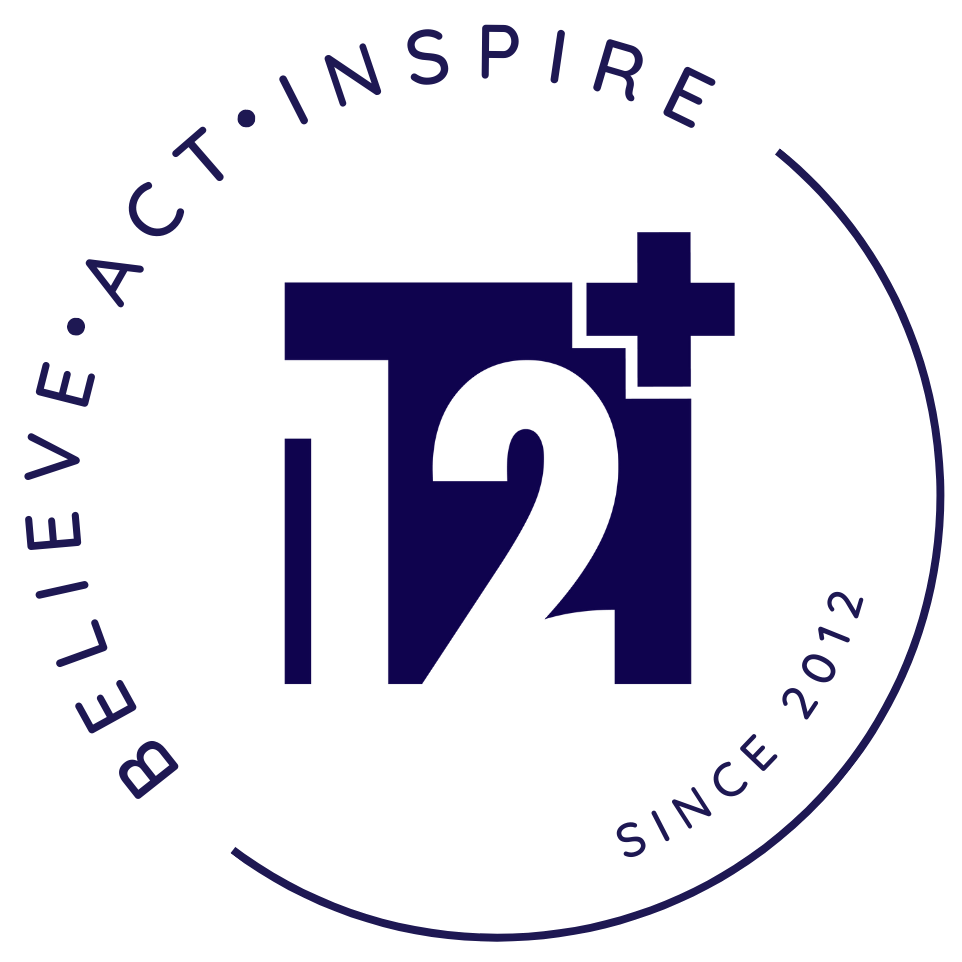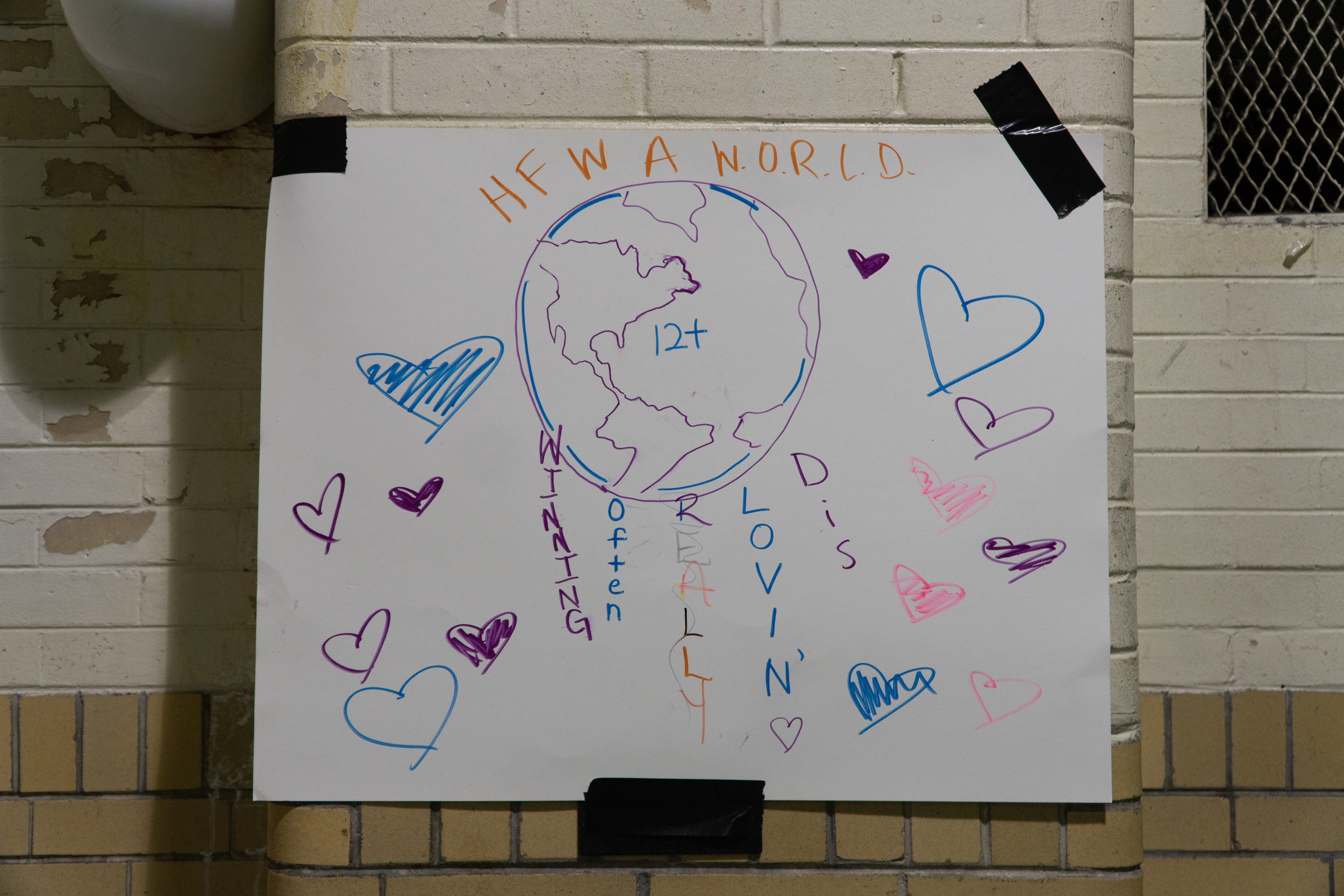This year, we had the pleasure of working with Ingrid and now we get the pleasure of reading her reflections on how her students will continue to encourage her as she finishes her degree from Chestnut Hill College. Good luck with all your papers and exams, Ingrid! After a year of working with you, we know you will do well.
By the end of this summer I have to finish my Capstone paper for Graduate school. I cannot help but laugh when I remember that just a few short months ago I was assisting my students with their Senior Capstone. I remember how stressed and nervous they were.
“Miss, I can’t do this!” I would respond with an encouraging, “Yes, you can.”
I offered the writing tips that worked for me when I was in high school and when I was pursuing my undergraduate degree. I would tell them “pick a topic that excites you and do not begin to write until you have done your research.” But my personal favorite tip- create an outline. I remember just the word “outline” intimidated them.
“Miss, you want me to do what?”
I would say, “I want you to write an outline, trust me.”
With hesitation, they would question again, “write an outline?”
And I would respond, a little too enthusiastically, “Yes, let’s go!!”
Some of the students would complain and delay the process by watching YouTube videos first while others got to it right away- but all of them were so grateful they wrote one. Once they saw their topic on paper organized and broken down into detailed information, it made the idea of writing an eight-page research paper, a little (emphasis on little) less daunting for them.
Fast forward to today and now I am the student. I am the one who needs to write my Capstone in order to graduate. I find myself in their shoes, saying “I can’t do this!”. As I approach this monumental task, I think of my former students. I think of sitting next to them in the center telling them they can do it. I think of when I would say, “work hard now and it will pay off later.” I remember the days when we would sit long after school finished, writing page after page. I remember telling them about my high school senior research paper and them asking questions about both my high school and college experiences. I remember talking them through their fears and worries about not only finishing this project but also about the fear of the unknown after they graduate.
Now as I approach my 30-page paper, I hear their voices telling me “Miss, you can do this! Start with an outline”. And that’s exactly what I will do, I will start with an outline and reassure myself that I can do this. In moments where I doubt myself, in the moments where I want to quit I will remember my students. I will remember how they tackled something that they believed to be impossible. I will remember not only did they finish their capstone but they absolutely blew everyone’s mind away with their Capstone presentations. I will remember how proud of them I was when they finished. Any fear or anxiety they had, they threw out the window and nailed it. I will remember in my moments of my frustration that if my students can do it, so can I. I will pull from their courage and strength because that’s exactly what they did for me this year- they gave me courage, strength and more than anything, confidence. Now it is my turn and I cannot wait to make them proud of me.










